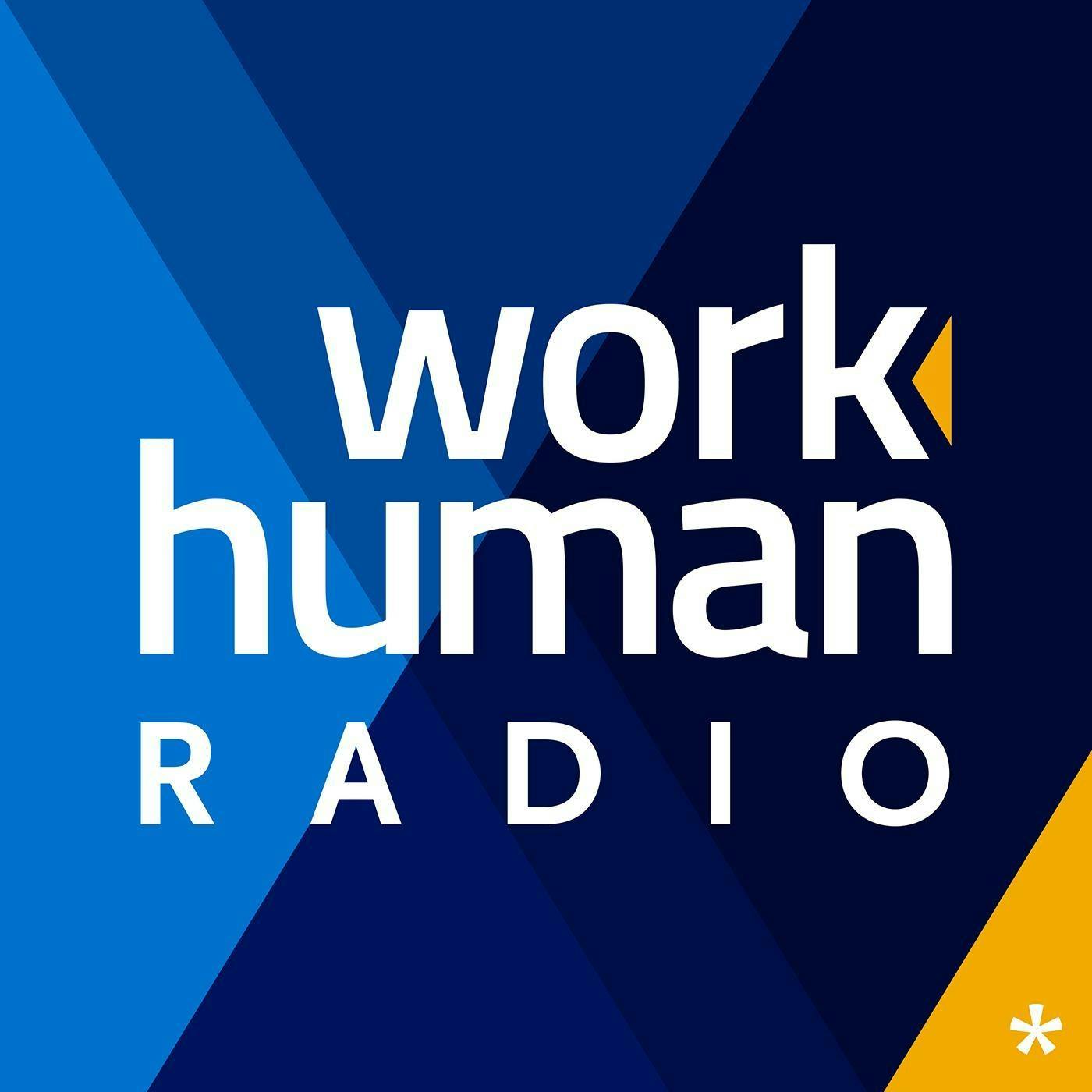The Power of Kindness and Gratitude with Dr. Patrick Malone

b'Dr. Patrick Malone is the Director of Key Executive Leadership Programs at American University. He is also one of the presenters at WorkHuman Live 2020, where he will speak on the gift of gratitude and the power of kindness. He joins host Mike Wood on this week\\u2019s show to talk about his work, and why kindness and gratitude matter.\\n\\nIt Matters\\nPatrick mentions research that shows that parents value achievement over caring. He finds this alarming since he has dedicated his career to discovering the impact of kindness and gratitude. Modern neuroscience has proven that these traits matter. When humans connect heart to heart in the workplace, there is a marked improvement in the organization\\u2019s performance. Mike adds that when you\\u2019re happy at work you do better work.\\n\\nAuthentic vs Fake Kindness\\nThe secret of authenticity, Patrick says, is showing your true self and maintaining a moral compass even while you exercise different styles in your relationships. We have a sense of whether someone is being real with us. Patrick explains the neuroscience behind this intuitive feeling. He laments the emphasis we have placed on metrics and data over the years when what really matters is the human connection. Mike comments about WorkHuman\\u2019s platform where employees can give gratitude to one another. He contrasts it with another platform that gamifies recognition: there is a leaderboard and employees have a quota of points they have to award each quarter. Mike and Patrick agree that such a system is counterproductive since there is little authenticity. Placing measurements and tangible rewards for gratitude and kindness defeats the purpose. Kindness, gratitude and authenticity spring from the heart.\\xa0\\n\\nHow Dr. Malone Works With Organizations\\xa0\\nMike asks Patrick to describe some of the work he is doing with organizations. Patrick responds his work centers around areas related to kindness and gratitude, such as meditation, mindfulness, self-awareness and emotional intelligence. He remarks that people are ready for this kind of work. It all boils down to the ability to touch hearts and souls and getting people to be more vulnerable. Practices such as meditation and mindfulness actually create new neural pathways that allow the brain to see more. This is important in careers where you need to make split-second life and death decisions, Patrick says. More neural pathways mean that you can make better decisions because your brain is seeing more.'